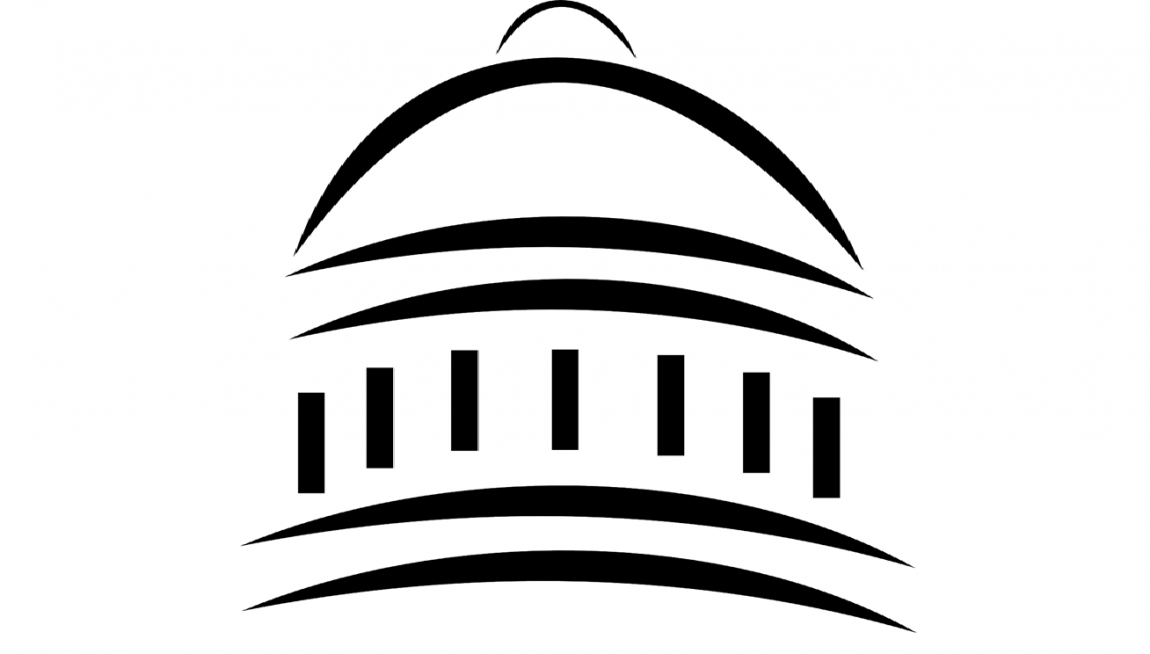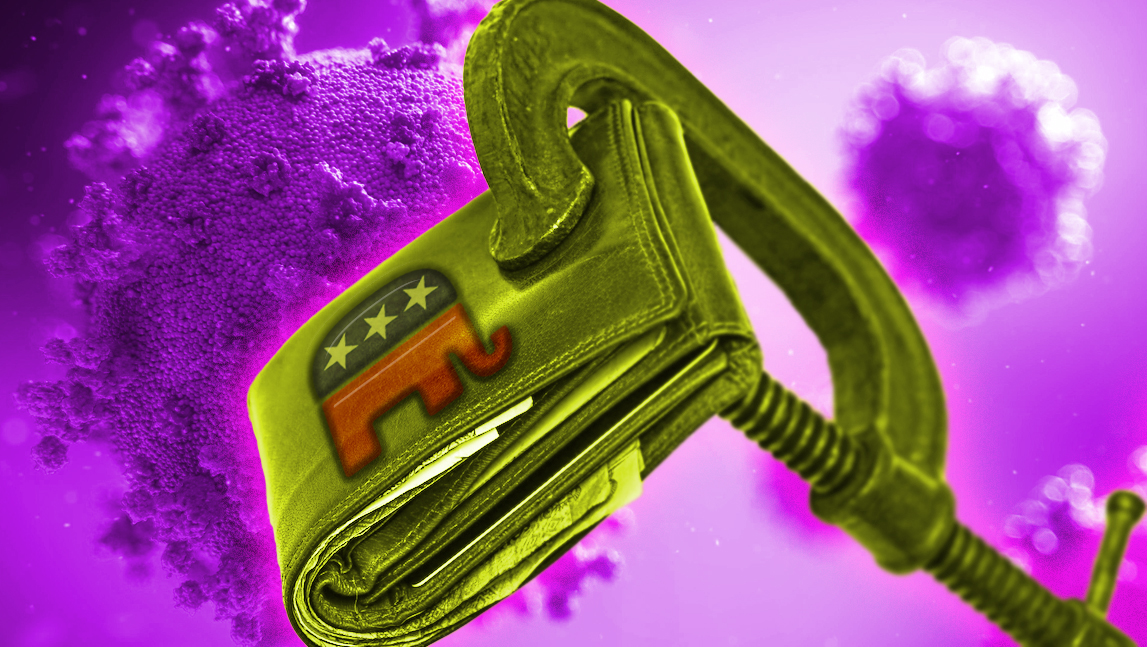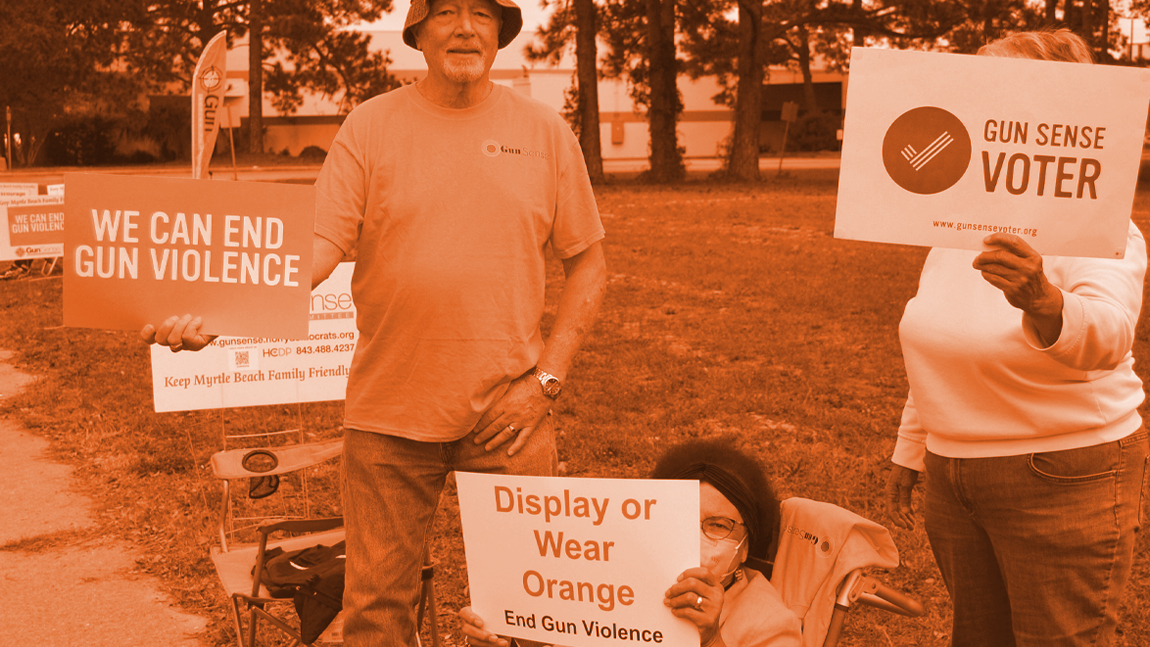By David Higham
HORRY COUNTY GOVERNMENT / LOCAL ISSUES
Horry County Council continues area’s mask mandate: The county council voted 7-5 on September 15 against ending the county’s emergency mask mandate. Under the county’s policy, those entering businesses are required to wear face coverings while inside those establishments. Masks may be removed to receive certain services, such as a haircut, or for someone to eat a meal at a restaurant. Restaurant and retail store employees and personal care providers must also wear masks. The North Myrtle Beach city council also voted to extend its mask ordinance another 60 days. (MyHorryNews 9/15/2020; 9/10/2020)
Horry County’s K-12 students returned to school on September 15: Schools will operate on a hybrid schedule, splitting students into two groups with each group attending in-person classes two days per week. That schedule would change to full, in-person classes if coronavirus cases continue dropping in Horry County, or change to all virtual classes if cases begin spiking again. Parents and students also had the option to enroll in a full-time virtual school, which required at least a semester commitment, and more than 13,000 students, about 30 percent total, chose that option. School administrators amended that policy and are allowing a short window for HCS virtual students to transfer back to their base schools if space is available. (MyrtleBeachOnline 9/8/2020; Myrtle Beach Herald 9/18/2020)
Horry County opening more absentee voting sites: Horry County Voter’s Registration and Elections will set up extra voting sites for the November election for persons wishing to voting absentee in person. The sites will be at the North Strand Recreation Center, the South Strand Recreation Center, and the Carolina Forest Library, from October 5 to November 2, 2020. Hours are 8:30 a.m. to 4:00 p.m. Monday through Friday. If voting absentee in person, voters are urged to visit www.scvotes.gov to confirm their personal information is correct before arriving. (MyrtleBeachOnline 8/27/2020)
Hospitality Fee dispute settlement: Horry County, Myrtle Beach and other municipalities reached a deal on September 4 in the long-standing hospitality fee lawsuit. The agreement ends 18 months of fighting between the groups over a fee initially designed to fund road projects. The agreement provides the county will resume collection of the 1.5% fee and will distribute it to the municipalities each month. The fee is collected on all hotel stays, admission tickets and restaurant meals sold countywide. (Myrtle Beach Online 9/4/2020; Myrtle Beach Herald 9/11/2020)
STATE / SC LEGISLATURE
SC Legislature September session: The South Carolina legislature began a mini session on September 15 for both chambers. Plans are to end the session on September 24.
The session was called so lawmakers could:
- Finish drafting a state spending plan for the 2020-2021 fiscal year which has been underway since July 1. The 2020 session and debate on the budget was disrupted by the coronavirus pandemic.
- Provide for a second allocation of federal aid money for the pandemic.
- Expand absentee voting.
Actions taken so far:
South Carolina 2020-2021 State Budget: The House’s chief budget writer, Rep. Murrell Smith (R-Sumter), chair of Ways and Means Committee, confirmed that the House will not take up the Senate’s budget plan that was passed by the upper chamber on September 15. That means the special session will end on September 24 with state government still running at last year’s spending levels.
As opposed to the Senate plan, Smith and the House Republican majority want to hold off spending any of the estimated $861 million state budget surplus while the course of the pandemic and the state’s economy is still uncertain. Governor McMaster asked the Legislature to wait until next year before writing a new budget. The state budget surplus of $861 million is down from the $1.9 billion budget surplus the state enjoyed in March before the pandemic struck.
These are the budget items passed a few days ago by the Senate which are now likely dead for the year:
- $50 million to bump up teacher salaries, providing most teachers with a modest 2 percent increase.
- $50 million for safety upgrades at state prisons; and
- $20 million to provide $1,000 bonuses to state employees who kept working during the shutdowns and could not do so from home.
The Senate plan, now shelved by the House, also wanted to use the surplus to fund an additional $175 stipend for poll workers this November, provide $6 million to hire a nurse for K-12 schools without, and make $500,000 available to help first responders suffering from post-traumatic stress disorder.
“If the House fails to take up this budget, schoolteachers will not get that salary increase,” said Senate Education Chairman Greg Hembree (R-Little River).
Also waylaid until next year are many budget proposals that were passed by the House in March before the pandemic struck. These include:
- Providing teachers a $3,000 across-the-board raise.
- Providing $33 million in state worker raises and
- Earmarking $100 million in tax relief (Post and Courier 2/21/2020 and 9/16/2020)
Allocation of Federal COVID-19 Aid: The SC House and Senate passed competing plans to allocate roughly $700 million in federal COVID-19 aid. Both chamber’s plans put the bulk of the money into replenishing the state fund that pays unemployment benefits, and money toward grants for nonprofits and small businesses. Details differ between the House and Senate bills that House and Senate leaders will have to negotiate before wrapping up the session. (Post and Courier newspaper 9/17/2020; Statehouse Report 9/11/2020)
Expanded Absentee Voting: The SC legislature passed, and the Governor signed a measure allowing all registered voters in the state to cast absentee ballots because of the COVID-19 pandemic. Amendments that would have removed the witness signature requirement and added drop boxes for absentee ballots were not approved. (Associated Press 9/16/2020) However a US District Court ruled on September 18 that SC voters will not have to find a witness to sign their absentee ballots this November. The court’s decision could still be appealed. (Post and Courier 9/20/2020)
State Unemployment Rate Drops: South Carolina’s unemployment rate dropped to 6.3 percent in August (down from July’s 8.7 percent). But according to Dan Elizey, Director the SC Department of Employment Workforce, the drop in the unemployment rate is not solely the result of people returning to jobs they lost earlier this year. Nearly 70 percent of the reduction can be attributed to people dropping out of the workforce amid the public health crisis. According to the department’s labor force survey, 41,400 fewer people were actively looking for work in August than in July. People who are no longer looking for work are not counted as part of the labor force. (Post and Courier 9/19/2020)
State Revenues to Fall: The SC Board of Economic Advisers predicted August 31 that the state’s income for the current fiscal year will shrink by 3 percent, or $293 million, from 2019 – 2020 levels. (Statehouse Report 9/4/2020)
Monthly Virus test recommended: South Carolina’s health agency recommends state residents who cannot socially distance or wear masks to get tested at least once each month to cut down spread of COVID-19 from people without symptoms. (Post and Courier 9/16/2020)
Statewide COVID-19 (DHEC) Data, as of September 19; Death Toll tops 3,000:
- Total COVID-19 cases in SC: 134,052
- New Cases: 706
- Percent of positive tests: 12.2 percent (7-day rolling average), which continues a month-long trend of declining virus rates. Five percent of tests or fewer returning positive results is a good sign the virus’ spread is slowing, researchers say.
- Total tests in SC: 1,165,256
- Total deaths in SC: 3,017 (Post and Courier 9/20/2020)
SC Ranks Near Bottom in Census Response: As of September 3, South Carolina’s 78 percent response rate ranked 46th nationwide. (Post and Courier 9/14/2020)
Oil Drilling Ban off SC coast: President Donald Trump announced on September 8 an oil drilling moratorium off the coasts of South Carolina, Georgia and Florida, a reversal after stripping a drilling ban put in place by President Obama. Trump said his order would lengthen a drilling moratorium on the west coast of Florida and expand it to the Atlantic coasts of all three states. The text of the order says that it takes effect on July 1, 2022, and applies for the following 10 years, but it is unclear what that means in South Carolina before that date. “I’m glad to see the Administration listen to the will of the people,” Rep. Joe Cunningham, D-SC, said in a statement. “But make no mistake, as quickly as the president changed his mind on offshore drilling two months before an election, he could change his mind right back the day after the election.” (Post and Courier 9/9/2020)
SC Drivers will need vision test: The SC Department of Motor Vehicles announced that vision screenings will become part of the license renewal process for drivers beginning October 1. Eye exams are already a perquisite for first-time licensees. (Post and Courier 9/7/2020)
SC to get $600M, Keep Plutonium until 2037: A massive stockpile of the nation’s most dangerous nuclear material will stay in South Carolina for another 16 years and the U.S, Department of Energy will pay the state $600 million for housing it under the terms of a settlement announced August 31. (Post and Courier 9/1/2020)
FEDERAL / US CONGRESS/ NATION
Government Shutdown Averted? As of September 19, congressional negotiations were continuing on a stopgap bill that would extend current funding levels through December 11 and avert a government shutdown at the end of this month when the fiscal year ends. The continuing appropriation bill would cover every federal agency as Congress has not completed work on any of the dozen appropriations bills that fund the various parts of the government. Passage of the bill would allow members of Congress to return to their states for a last month of campaigning. The bill does not contain pandemic / COVID-19 relief, leaving that issue likely for a post-election lame duck session – or for the next administration. (Roll Call Newspaper 9/18/2020; Post and Courier 9/19/2020)
Pandemic Relief Bill May be Stalled until after election: Congress continues to be at an impasse in passing a COVID-19 relief bill to address the urgent needs of individuals and businesses. Key sticking points that are holding up the bill are:
- How much should unemployment pay to help individuals who are jobless.
- Legal protections for a broad array of businesses and institutions.
- Aid for state and local governments.
- Help for schools to reopen, and
- Help for small businesses
The House passed a $3.4 trillion stimulus measure in May, but Senate Republicans rejected it as being too costly. Senate Democrats agreed to reduce the bill’s cost to $2.2 trillion but that overture was also rejected by Senate Republicans. Instead, Senate Republicans advanced a “skinny” coronavirus relief bill that would have provided only $500 billion in new spending. That bill failed on the Senate floor as it did not receive any Democratic support and was unable to clear procedural hurdles.
Recently, President Trump indicated support for a $1.5 trillion package that is being promoted by a bi-partisan group of 50 House members (House Problem Solvers Caucus) and urged House and Senate Republicans to support that higher number. But the higher number embraced by Trump was pushed back as excessive by many congressional Republicans, and eight House Democratic committee chairs also pushed back the other way saying that $1.5 trillion in new spending would not be enough to meet the nation’s needs. House Speaker Nancy Pelosi has insisted Democrats will not accept anything less than $2.2 trillion.
Several moderate and first-term Democrats are getting anxious over the lack of coronavirus relief for their ailing communities as the time left to pass a relief package before the elections is running out. “When I speak to my constituents, they don’t ask me why Mitch McConnell isn’t doing anything,” Rep. Kathleen Rice, D-NY said. “They ask me what our Democratic majority is doing to work around him.”
As of September 19, as this report is being written, negotiations on the bill is at a stand-still. Once a stop-gap bill is passed that will fund the government past the end of this month, there will be nothing to keep members physically in Washington to keep working on the relief bill. Speaker Pelosi said that if members go back to their states, they would be at the call of the chair to return to Washington if negotiations produce an acceptable bill. (ABC News 9/16/2020; CBS News 9/16/2020)
Vote on Marijuana Decriminalization Bill Postponed: House Democrats’ plan to vote on legislation decriminalizing marijuana before the November election has been shelved. House Democratic leaders have decided to postpone the measure until after Congress has successfully passed another coronavirus relief package, which is currently stalled in congressional negotiations. The proposed legislation would remove cannabis from any federal references to controlled substances and provide a process for expunging marijuana-related convictions. (Roll Call, 9/17/2020)
COVID-19 Continues to Drive Joblessness: The number of Americans applying for initial unemployment benefits fell by 33,000 from the previous week, for a total of 860,000 applications. In total, 12.6 million are collecting traditional unemployment benefits, compared with just 1.7 million one year ago. Before the pandemic, weekly jobless aid applications had never exceeded 700,000 in the U.S. They have topped 700,000 for 26 consecutive weeks. (ABC News 9/17/2020)
Unemployment Benefit funded by FEMA Running Out: Seven states have exhausted the federal disaster-relief funds tapped to provide supplementary federal jobless aid. This temporary program provides the jobless with a $300 a week benefit for six weeks. It was initiated by the Trump Administration after Congress failed to extend the $600 a week jobless benefit that expired in August. (Moneywatch 9/17/2020)
More than half of businesses that closed during pandemic will not reopen: According to data collected by Yelp, about 60% of business that have closed during the pandemic will never reopen. As of August 31, nearly 163,700 businesses on Yelp have closed since March 1. Of those about 98,000 say they have shut their doors for good. (CNN 9/17/2020)
THE COURTS
Justice Ginsburg Dies: Long time US Supreme Court Associate Justice Ruth Bader Ginsburg died, setting up a potentially polarizing fight on the Senate floor 45-days before the national elections. Senate Majority Leader Mitch McConnell has vowed that whoever President Donald Trump nominates to replace her will get a vote on the Senate floor. Senator Lindsey Graham (R-SC), chair of the Senate Judiciary Committee, will play a prominent role in the conformation process.
While many are skeptical that there is enough time to confirm a nominee before November 3, McConnell may have the 51 votes needed to confirm a replacement, and there is enough time to confirm someone in a lame-duck session of Congress after the November elections. Senate Republicans enjoy a 53-47 majority, and Vice President Pence would be able to break a 50-50 tie.
Republican senators Lisa Murkowski (R-Alaska) and Susan Collins (R-Maine) have stated they oppose voting on the nomination prior to the presidential election. Collins’ statement went further, “In fairness to the American people, who will either be reelecting the President or electing a new one, the decision on a lifetime appointment to the Supreme Court should be made by the President who is elected on November 3rd.” (CNN 9/20/2020 and 9/19/2020; CBS News 9/19/2020)
Federal Judge Blocks Postal Service Changes: A U.S. judge sitting in Washington State issued a written nationwide preliminary injunction sought by 14 states that sued the Trump administration and the U.S. Postal Service. The order requires the Postal Service to stop implementing the “leave behind” policy, to treat all election mail as first class mail, to reinstall any mail processing machines needed to ensure the prompt handling of election mail and to inform its employees about the requirements of the injunction. The states have challenged the Postal Service’s so-called “leave behind” policy, where trucks have been leaving postal facilities on time regardless of whether there is more mail to load. “The states have demonstrated the defendants are involved in a politically motivated attack on the efficiency of the Postal Service,” Judge Stanley Bastian said. (AP 9/18/2020)
Pennsylvania Ballot Rulings: The Pennsylvania Supreme Court ruled that voters will have a three-day extension to return mail ballots with the Postal Service, and the option to return them in drop boxes. The court ruled that counties must accept ballots received by 5 p.m. Friday November 6th if they were postmarked by Election Day or do not have a legible postmark. The court also ruled that the Green Party presidential candidate cannot be on the general election ballot because of a failure to follow nomination procedures. (CBS News 9/17/2020)
Pennsylvania Voting Access Suit: In Pennsylvania court hearings have begun in a lawsuit filed by the Pennsylvania NAACP against the commonwealth over what it argued were inadequate provisions for voting during the coronavirus outbreak. The complaint argues that during Pennsylvania’s June primaries, numerous polling locations were closed or consolidated due to coronavirus concerns and poll worker unavailability, and information about where to vote was not clear. (NBC News 9/8/2020)
Colorado Sues Postal Service: Colorado’s Secretary of State, Jena Griswold, has filed suit against several US Postal Service executives alleging that the USPS “intends to mail an official notice to all Colorado voters that provides false statements about voting in Colorado”, which could have the effect of disenfranchising voters. At issue is an informational postcard that the USPS has been sending out across the country containing basics about voting by mail. But election practices vary from state to state, and several details on the postcards are wrong or misleading for Colorado voters, Griswold said. A federal judge has temporarily barred the USPS from sending the piece to Colorado residents. (NBC News 9/12/2020; CNN 9/13/2020)
Florida Felons Denied Vote: A federal appellate court ruled that Florida felons must pay all fines, restitution, and legal fees before they can regain their right to vote. The ruling reverses a lower court decision and upheld the position of Republican Gov. Ron DeSantis and the GOP-led state Legislature. (ABC News 9/11/2020)
Census Rulings: A federal court is blocking President Trump’s directive to exclude undocumented immigrants from the census count that is used to allocate seats in Congress. The court issued a permanent injunction blocking Trump’s July order which directed the Secretary of Commerce to provide the President with a count of the entire population, and a second tally that excludes “aliens who are not in a lawful immigration status”. The Trump Administration plans to appeal the ruling to the US supreme Court.
Trump’s census policies received a second blow when a federal judge in California blocked the Administration from ending census counting on September 30, a month earlier than a previously announced plan that had census counting until the end of October. The court will hear a challenge on September 17 to the Administration’s proposal to immediately wind-down the census count. The temporary restraining order was requested by a coalition of cities, counties and civil rights groups who argue that the earlier deadline would cause the Census Bureau to overlook minority communities leading to an inaccurate count. (Post and Courier 9/7/2020; CNN 9/10/2020 and 9/16/2020)
Questions? Contact David at dhigham32@gmail.com






